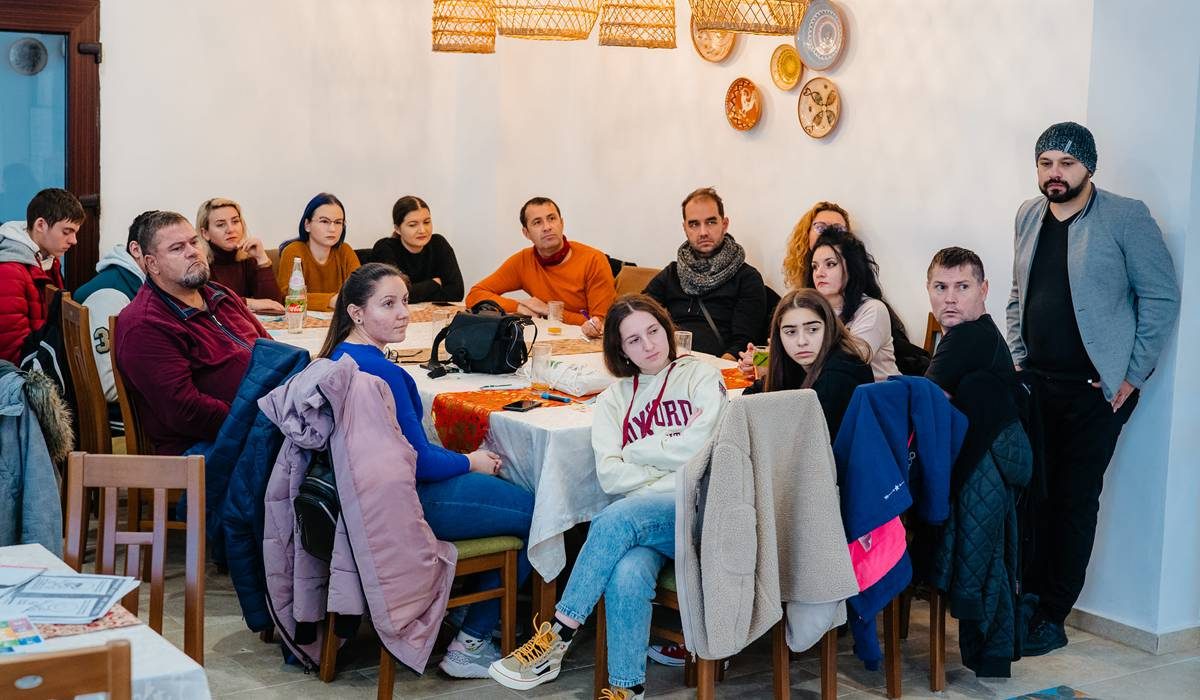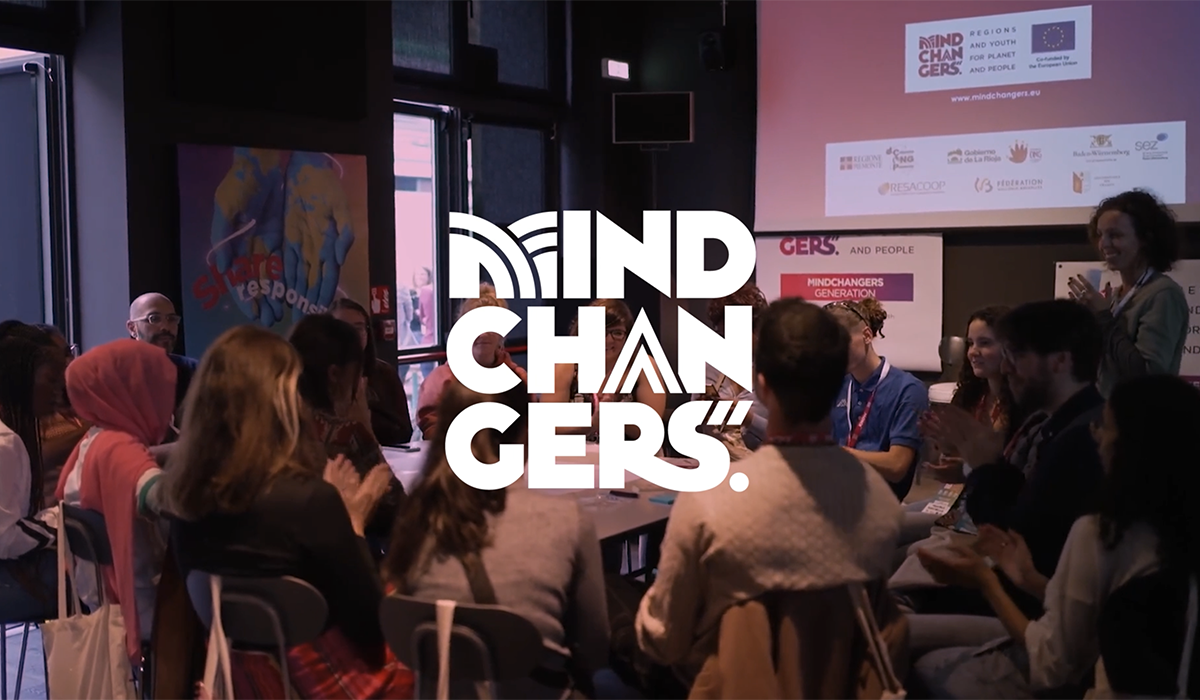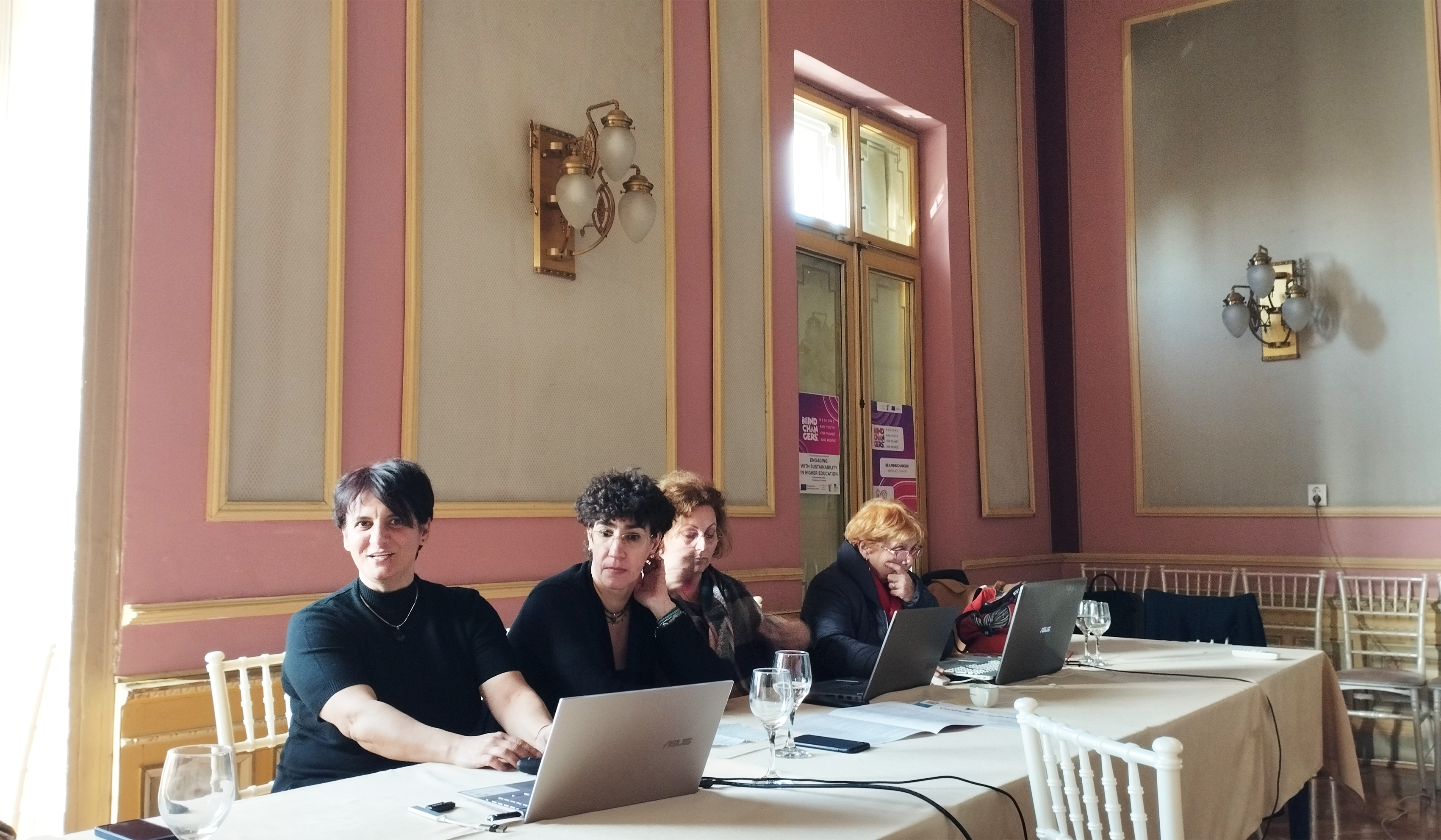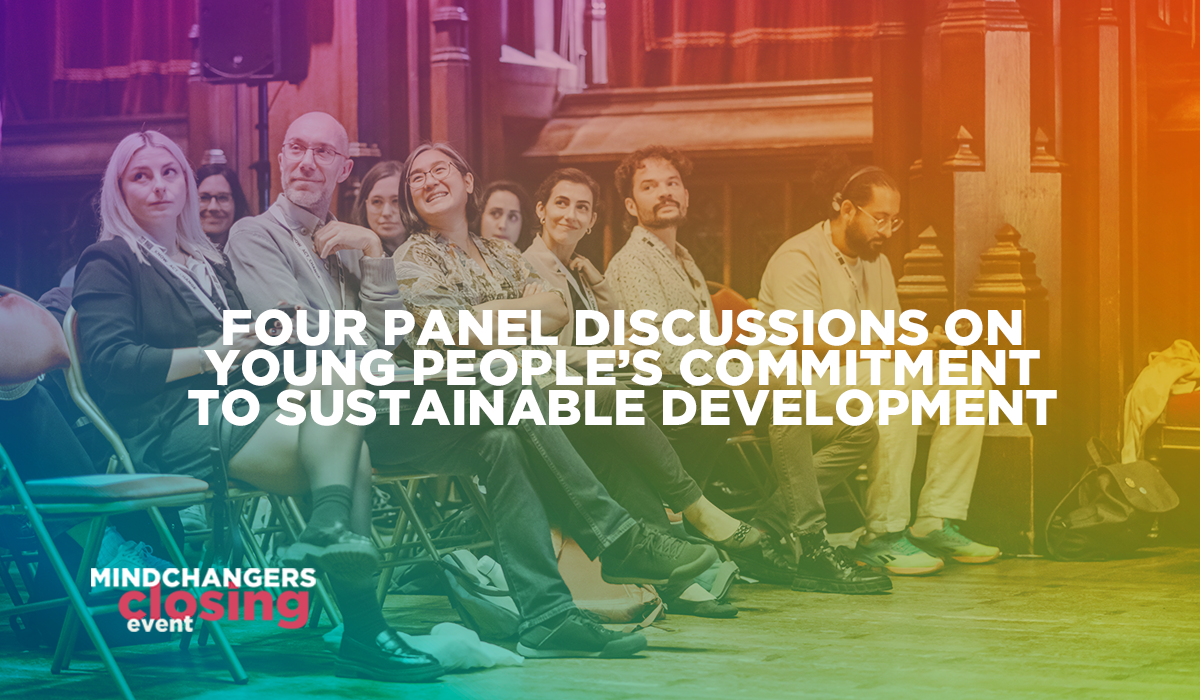As part of the project Youth are shaping the Future, Go Romania (together with other non-governmental organizations and associations) carried out – as part of the Mindchangers project – several non-formal activities and workshops at the Jianca Isalnita greenhouses (Dolj County).
The activities, carried out in November, were followed by non-formal discussions with volunteers, NGO representatives and partner institutions. Through discussions, explanations, and debates the direct correlation between environmental problems, climate change, food and human activity has emerged – more clearly than ever before.
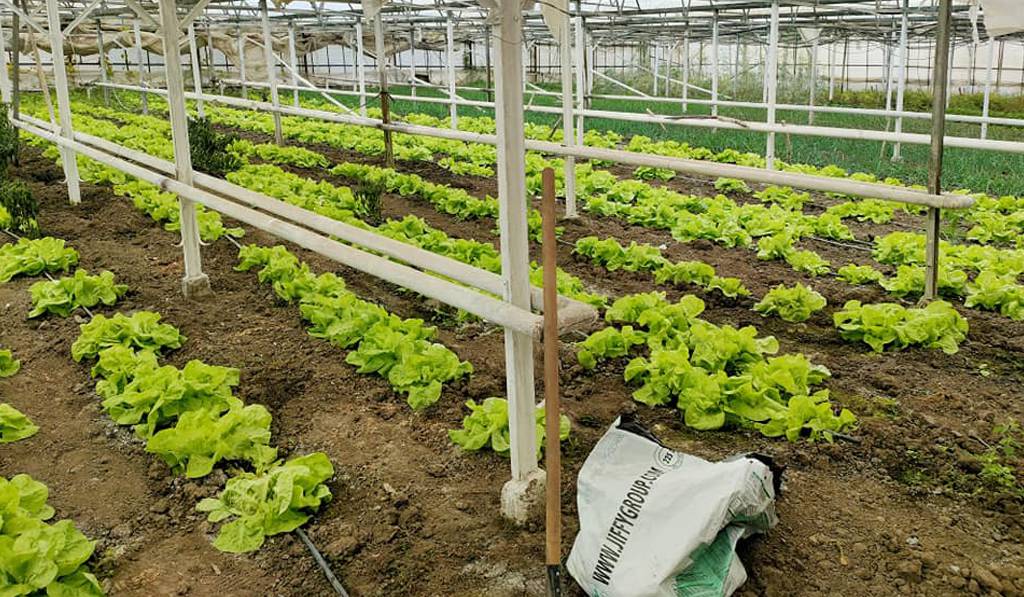
As it emerged from the discussions, the quality of food is influenced by a multitude of factors, and these can be, at the same time, harmful to the environment, especially if we talk about herbicides and pesticides. The most important aspect regarding both food and other products is the fact that we must always think about the three pillars of sustainability: environmental, economic and social.
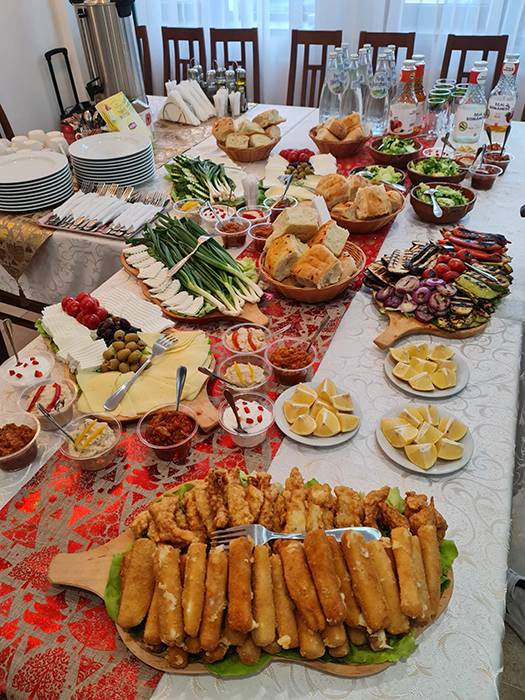
By taking care to respect each of these elements, we can ensure that the food we eat is produced responsibly, healthily, that we pay a fair price and contribute to the development of small farming and local communities. Although the technology and infinite possibilities we enjoy today allow us to consume products from anywhere in the world (exotic fruits, spices and products specific to areas very far from our country of origin), sustainable and healthy consumption remains intrinsically linked to local consumption, organic, specific to the community space.
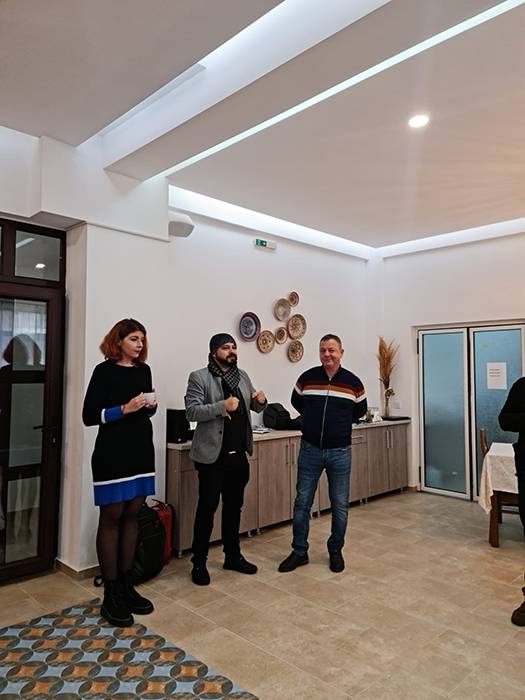
Thus, more and more activist movements in Europe (but also in other countries) emphasize the idea of local food production and consumption, which can lead to the development of communities, to the improvement of living conditions and to the provision of organic food, produced in favorable and sustainable conditions.


